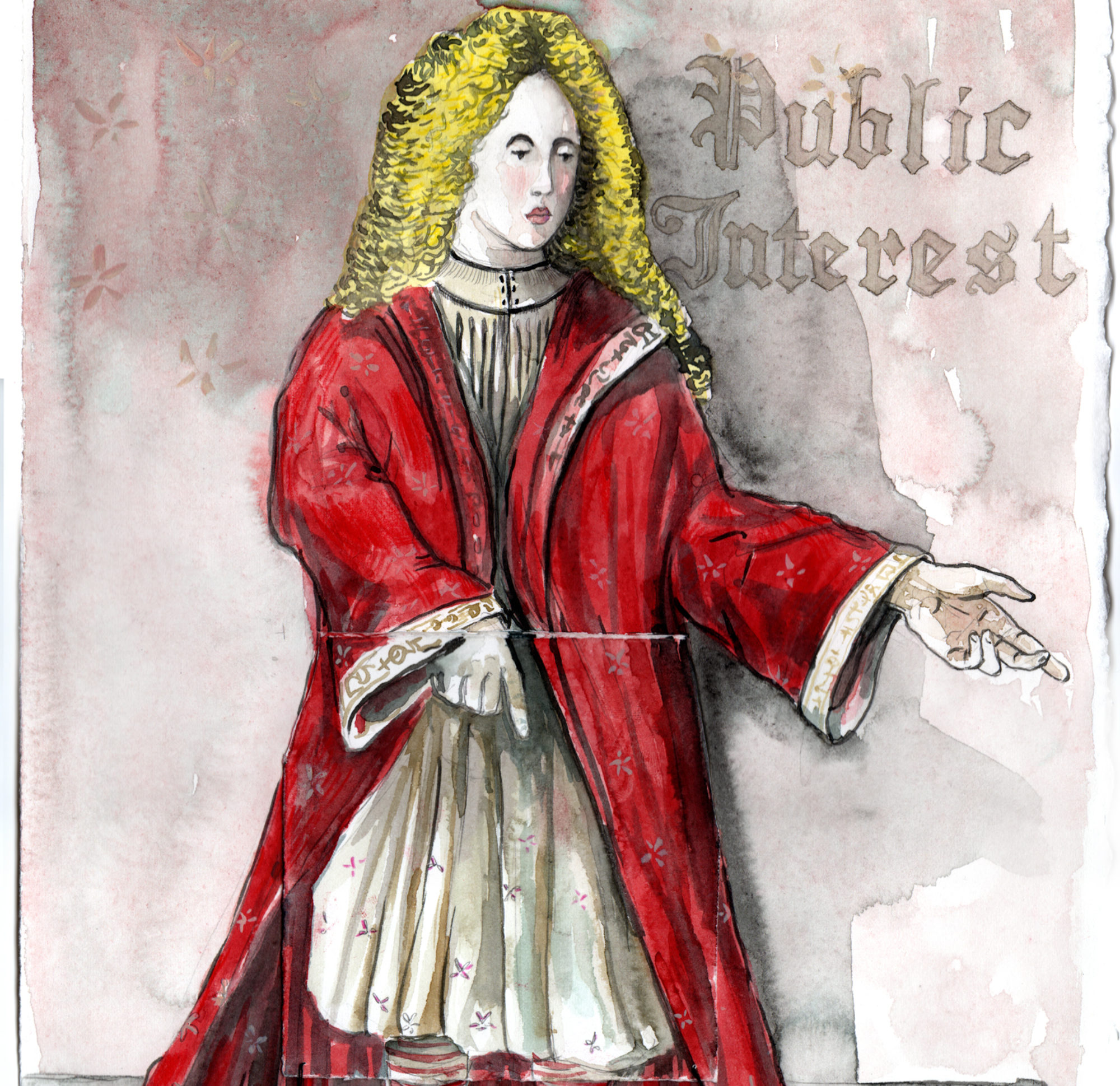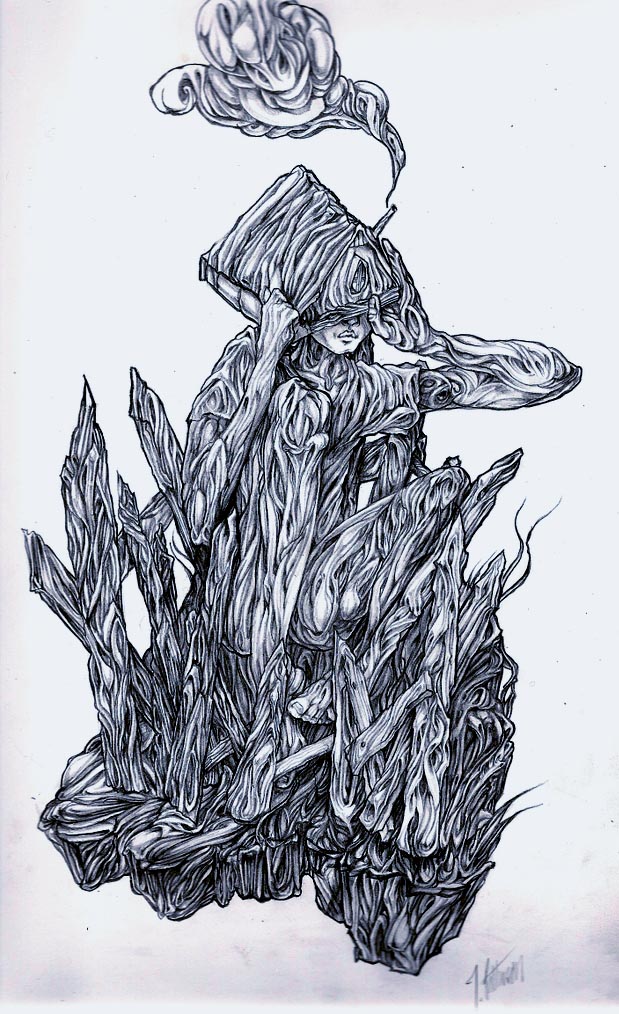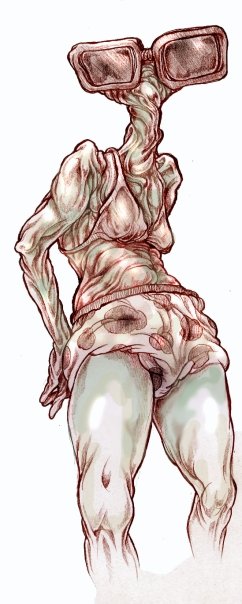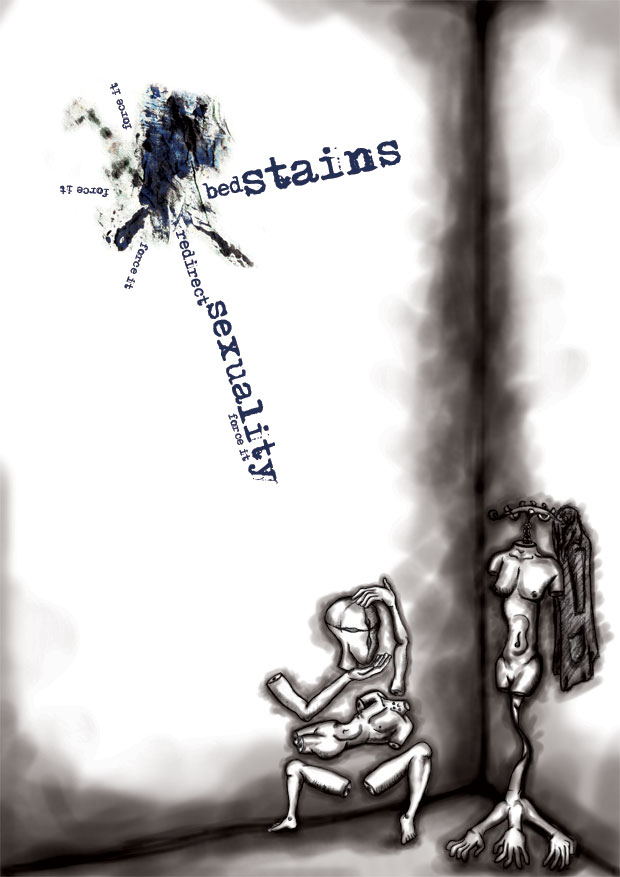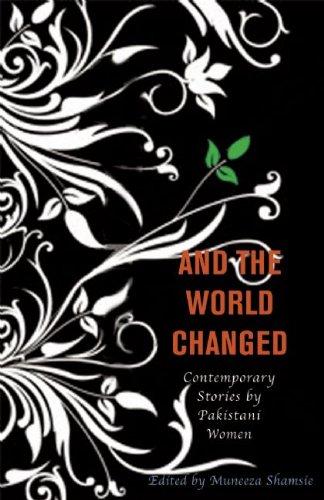Love, to many is a complicated word, I define it in very simple terms, ‘Love is an emotional space’. Now… how many you share it with depends on how much you can handle.
With experience I know I can handle two at a time but clearly with complications.
The two parties that I share this space with are Kitty and Teddy.
Kitty, I am by mind and soul rapt in day in and day out, Teddy I usually is, ‘Out of sight out of mind’. This of course doesn’t play well with the parties involved and that’s where my predicament starts.
For Kitty, the one I am so mesmerized by, my space comes bound with expectations beyond her grasp; the sort that go beyond casual into the realm of ever after. Personally, I have placed her on this pedestal worthy of a Goddess. But for her I am merely a figure of experimentation and support. A box of chocolates if you may; the pieces she likes she eats, the ones that are vile to her taste buds she throws to the bin. This doesn’t mean though that she doesn’t want me to be loyal even if she only wants pieces and not the whole of me.
Contrary to this Teddy, the one I so aptly use to fulfill my lust and reinforce my ego, is a sweet, innocent creature (not saying Kitty isn’t but at times I have my reservations). She is my security blanket, and I am to her a blessing in disguise. She loves me for who I am, and appreciates me in front of others. She hides from no one our endeavors and is always ready to hold me in her arms. Best of all she encourages me to meet Kitty and understands my feelings for her. But in my space her ranking always comes below Kitty.
Now that I have described my two main characters, let’s begin with my story.
Kitty gets married and Teddy leaves me for a loving woman. Once again I am loveless but now I am forty, with saggy boobs and wrinkles. Wonder if there are anymore Kitty’s & Teddy’s out there.
